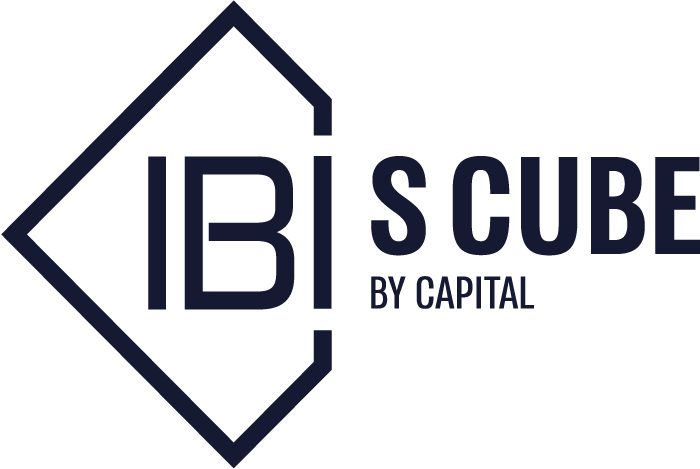The current situation in Israel makes it difficult for private technology companies to raise funds and investors demand that Israeli companies become “American”; what does “corporate inversion” involve, for whom is it worthwhile and are we likely to see a massive loss of high-tech companies to the USA?
The legal uncertainty in Israel has sparked an alarming trend of new high-tech companies registering as foreign entities, to the extent that according to estimates from the Israeli Innovation Authority, a staggering 50%-80% of high-tech companies established in the first quarter of 2023 chose to register abroad. On this ground, a spotlight has shone on the concept of “corporate inversion” within Israel’s technology sector and made it one of the hottest topics of the day. Corporate inversion involves transforming an Israeli company into an American one, and lately, many entrepreneurs are considering this move due to the uncertainty surrounding the legal system in Israel, particularly in light of the government’s planned reforms. Unfortunately, this situation is making it challenging for private Israeli technology companies to raise funds, as some investors are wary of investing in Israeli companies until the legal landscape becomes clearer.
What exactly is a “corporate inversion“?
A corporate inversion refers to a transaction where a company incorporated in Israel undergoes a change in its corporate structure, effectively placing a company incorporated in the state of Delaware, USA, “above” the Israeli entity. In this process, the shareholders of the Israeli company exchange their shares for shares of the American company, ultimately resulting in the American company becoming the parent company and the Israeli company becoming a wholly owned subsidiary of the American company.
It is crucial to understand that if one decides to transfer intellectual property (IP), a valuation becomes necessary. The Israeli Tax Authority views the transfer of IP out of Israel as a sale, which entails the obligation to pay taxes on it. Moreover, in cases where the transaction structure is more complex, such as inversions involving spin-offs or involving Israeli companies with foreign subsidiaries, a valuation of the transferred assets or the assets remaining in Israel is typically required to determine tax liabilities.
Will it be necessary to pay tax as part of the move?
A corporate inversion always triggers a taxable event. When shareholders of the Israeli company relinquish their shares, it is deemed a sale by the tax authorities. However, the liability to pay taxes may vary, and each case requires individual examination. Foreign investors are typically exempt from paying taxes when performing an inversion in an Israeli company. Local investors may also avoid tax liabilities if the inversion is conducted after a prolonged period of declining multipliers in the public markets, resulting in losses “on paper”. The primary challenge in most cases lies with the founders, as they typically did not pay for their shares. Consequently, no purchase cost is recorded and the entire value of their shares at the time of the inversion becomes taxable income for them.
Postponing tax payment until an exit
If there is a significant tax liability with no apparent solution, there is always the option to seek a pre-ruling approval from the Tax Authority for postponing the tax payment until the date the shares are sold. However, obtaining this approval comes with several limitations. The inversion process must be completed within 60 days from receiving the approval, and there will be a restriction on future dilution for a period of two years. Additionally, the sale of shares of the American company will be subject to limitations, and the shares must be deposited with a trustee.
For companies incorporated since January 2018, there is a faster and relatively simple alternative known as the ‘green route’. This route provides an expedited process for dealing with such tax liabilities.
The carrot and stick of the IRS
One of the primary incentives for American investors to invest in American companies is the qualified small business stock (QSBS) benefit. This provision grants American investors, who hold shares of the American company for at least 5 years, a tax exemption on profits of up to $10 million from the sale of their shares. On the other hand, when it comes to the Israeli company, the IRS imposes taxes on the parent company for the profits generated (whether distributed as dividends or not). Unfortunately, the IRS may sometimes not recognize the accumulated losses of the Israeli subsidiary for tax purposes.
IP – keep it in Israel or transfer it?
In most corporate inversions, companies tend to retain their intellectual property (IP) in Israel. The primary reason for this choice is that inversions typically occur before an investment round to meet the requirements of American investors seeking to benefit from the aforementioned QSBS exemption. The investment round often enhances the value of the company’s IP, leading to a considerable tax liability during the inversion process. This happens because the transfer of IP to the American company is viewed as a technical sale for the company and as a dividend for its shareholders, triggering a taxable event and resulting in significant tax liabilities.
Another motivating factor for companies to keep their IP in Israel is that, if the IP remains in Israel after the inversion, the change does not incur penalties from the Israeli Innovation Authority (formerly the Office of the Chief Scientist). Transferring the IP as part of the move incurs fines.
Leaving the IP in Israel means that not much has fundamentally changed in the view of the Israeli Tax Authority. If more than 50% of the total value of the consolidated company is attributed to the Israeli subsidiary, then the sale of shares of the foreign parent company is also considered an Israeli taxable event. Therefore, when the company reaches an exit point, all shareholders, including foreigners and foreign investors who invested after the inversion, will be obligated to deal with the Israeli Tax Authority.
Tax considerations usually favor Israel
Despite the growing interest among technology entrepreneurs in performing corporate inversions, the actual number of completed inversions remains relatively low for the time being. The primary reason for the limited uptake is the tax implications. The QSBS benefits notwithstanding, the effective tax rate paid by American companies is substantially higher in most cases. In addition, tax compliance costs for American companies are typically much higher than for Israeli companies.
The bottom line – is it worth it?
When it comes to inversions, a distinction should be made between new companies in the growth phase and established, profitable companies. For new companies, undergoing an inversion is generally a straightforward and relatively inexpensive process. Some of these startups willingly consider corporate inversion as a condition to secure funding from foreign investors, who are wary of current uncertainties in Israel’s legal system. On the other hand, for older and profitable companies, the inversion process is complex, lengthy and demanding, requiring the investment of significant time and resources, and often results in higher tax payments.
Performing a corporate inversion is a complex issue that demands a company-specific evaluation considering recent share capital transactions, planned future dealings, and input from entrepreneurs, local investors, and foreign investors. However, while obstacles and challenges are to be expected during the process, those who choose to proceed will find out that both the entrepreneurs and the investors in the Israeli technology sector can be very creative if necessary and eventually find solutions to every problem, benefiting entrepreneurs and investors alike.
Gidi Shalom Bendor is the CEO and founder of S Cube of IBI Capital, the largest provider of valuation services to technology companies in Israel.
The above is provided for informational purposes only and should not be considered complete and/or exhaustive information of all aspects involved in the corporate inversion process. The aforementioned does not constitute legal, financial, taxation, or economic advice or a substitute for any professional or personal advice. IBI Group and/or any of the Group’s companies will not be responsible for any loss or damage caused to any third party due to reliance on the above information.



